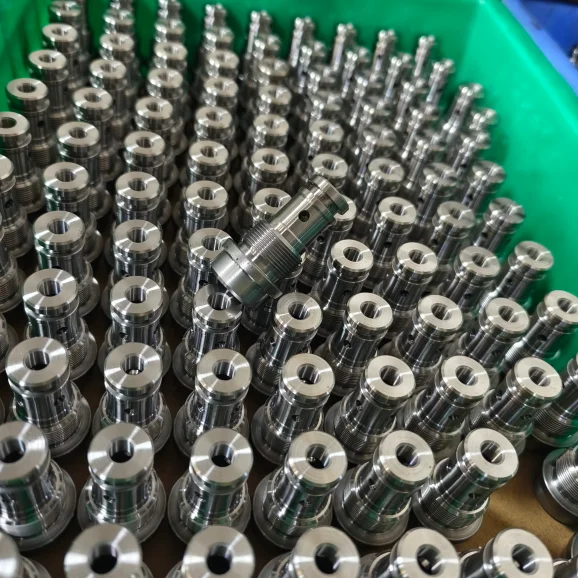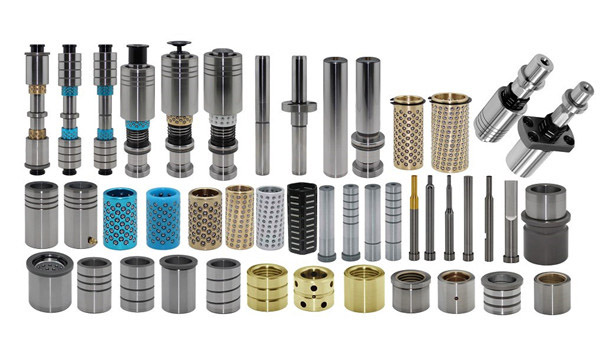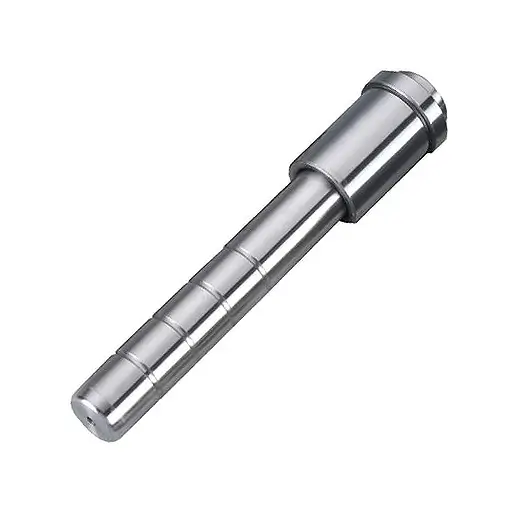Mold components possess 6 key characteristics
- Wear Resistance: Mold components must exhibit excellent wear resistance to withstand the friction caused by material flow within the mold cavity, preventing excessive wear that could lead to mold failure. Higher hardness contributes to better wear resistance, and the quantity, morphology, size, and distribution of carbides also play a crucial role.
- Strength and Toughness: Good strength and toughness are essential for mold components to endure harsh environments and resist impact loads, preventing brittle fractures. The combination of strength and toughness is determined by factors such as carbon content, grain size, and material structure.
- Fatigue Fracture Performance: Due to the prolonged exposure to cyclic stress during operation, mold components must exhibit robust fatigue fracture performance to avoid fractures over extended periods of cyclic loading. This includes resistance to small energy multiple impact fatigue, tensile fatigue, contact fatigue, and bending fatigue.
- High-Temperature Performance: Maintaining optimal hardness and strength at elevated temperatures is crucial for mold components. A decline in hardness and strength, especially in high-temperature environments, can lead to premature wear and plastic deformation, resulting in mold failure. Therefore, materials must possess good resistance to heat treatment-induced softening.
- Corrosion Resistance: Particularly relevant for molds used with materials like plastics, which may release corrosive gases such as HCl and HF during processing. Mold components should exhibit resistance to corrosion to preserve the smoothness of the cavity surface.
- Cold-Hot Fatigue Resistance: Some molds undergo continuous cycles of heating and cooling during operation. This cyclic stress can lead to surface cracks, peeling, increased friction resistance, and a decrease in material plasticity, ultimately affecting precision. Therefore, good resistance to cold-hot fatigue is a critical requirement for mold components.
These characteristics make mold components widely applicable in various fields, including stamping molds, automotive components, electronics, aerospace manufacturing, and plastic molds.





